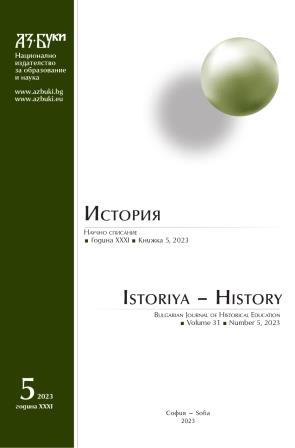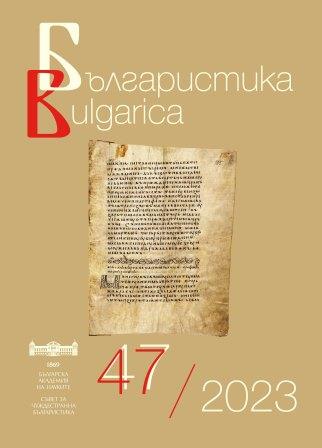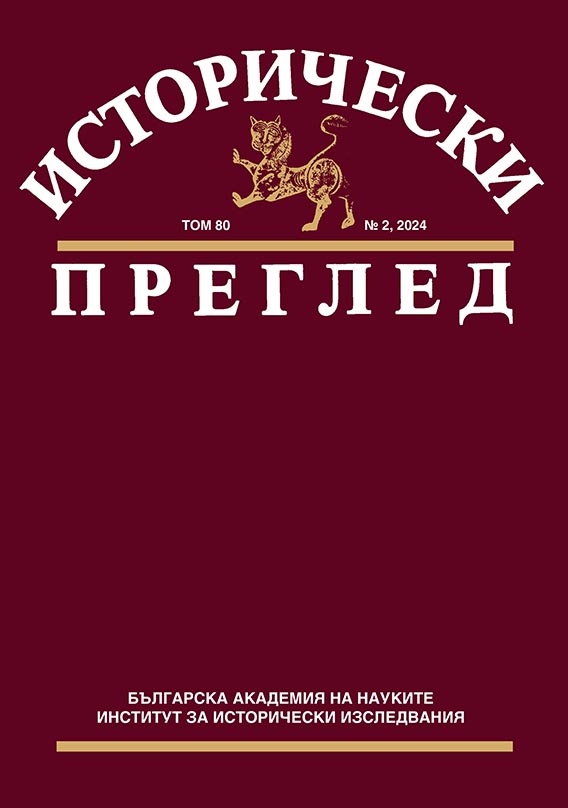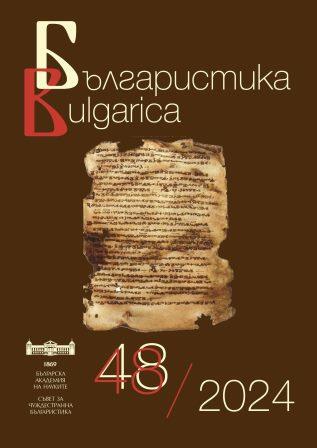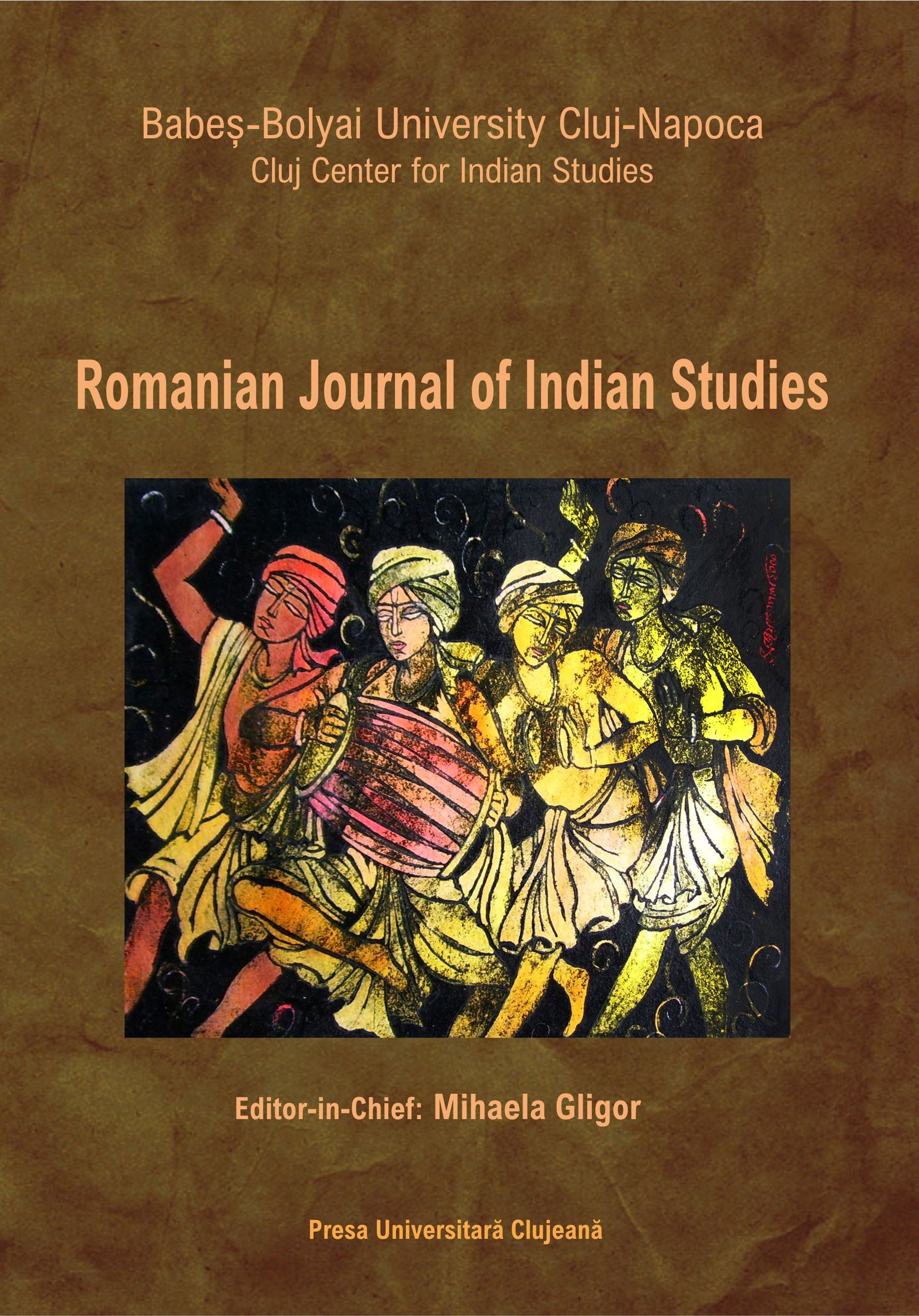
A Possible Theological-Philosophical Architecture of Interfaith Dialogue between Christianity and Hinduism
The experience of the religious and cultural encounter of East and West was consummated. Both civilizations looked at each other, admired each other, criticized each other, appreciated each other, but could not avoid the continuous encounter on the social space. This encounter is translated into the everyday experience of a world in which religious-cultural boundaries are much more fluid and perishable because of the innovative complex of communication, mobility, and relationship. Extensive research has been produced exploring the stakes of this West-East encounter from historical, cultural, and religious perspectives. Books, studies, and projects have been written about the differences and common elements of this encounter. Our aim in this study is to project the possibility of a new architecture of the dialogue between Christianity and Hinduism, in particular between Orthodox theology and Advaita-Vedanta, one of the darśana in Hinduism, an architecture whose morphology is constituted by the density of the human experience with the divine.
More...
